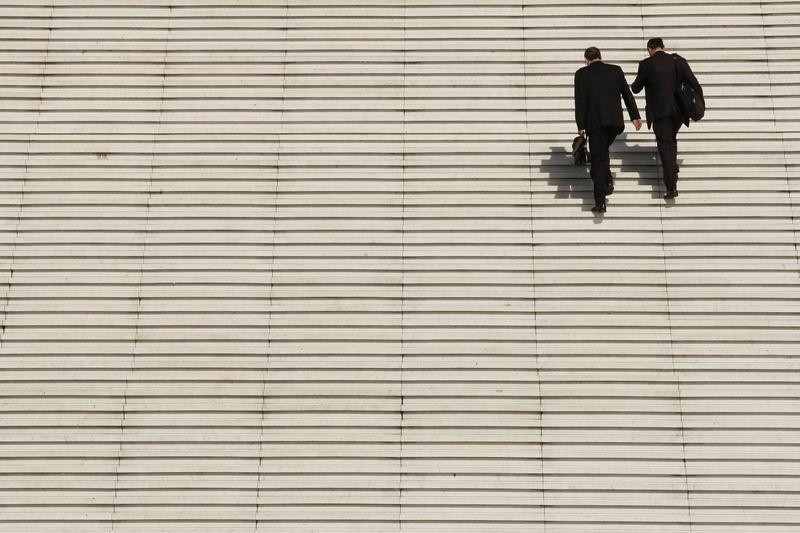Iran Mitigates the Impact of Israeli Airstrikes on Military Facilities
Iran reported that the recent nighttime airstrikes on Israeli military targets caused only "limited damage." The attacks, involving dozens of Israeli jets, targeted missile factories and other facilities near Tehran and in western Iran. This Israeli action was viewed as retaliation for a missile attack launched by Iran on October 1, which included the firing of approximately 200 ballistic missiles at Israel.
The Iranian Foreign Ministry condemned the Israeli raid but adopted a more moderate stance compared to previous conflicts, acknowledging Iran's responsibilities for regional peace and security. The Iranian military stated that Israeli warplanes used "very light warheads" and targeted border radar systems in several provinces around Ilam, Khuzestan, and Tehran. The military emphasized that the attack was largely intercepted and did not result in significant damage.
According to former UN nuclear weapons inspector David Albright, commercial satellite imagery showed damage at the Parchin military complex near Tehran, affecting buildings involved in solid fuel production for ballistic missiles. Decker Eveleth from the CNA think tank in Washington noted that the missile production facility in Hojir near Tehran was also hit.
The Israeli military warned Iran against retaliating, stating that further escalation would necessitate a response. Meanwhile, U.S. President Joe Biden called for an end to the escalation, expressing hope that the attacks, reported to have only targeted military sites, would mark the end of the conflict. Vice President Kamala Harris reiterated the call for de-escalation ahead of the U.S. presidential elections on November 5.
Several high-level meetings took place in Tehran to discuss Iran's potential response to the attacks, with two regional officials reporting that the damage was assessed as "very minimal." Nevertheless, it was reported that the strikes hit several Revolutionary Guard bases in Tehran and its vicinity.
Images from Iranian news sites showed air defense systems being activated over Tehran, while passengers at Tehran’s Mehrabad Airport were photographed to demonstrate a return to normalcy following the attacks.
The Israeli military stated that they do not expect an immediate response from Iran and are maintaining standard public safety restrictions nationwide. However, tensions remain high, particularly in Lebanon, where Israel has targeted Hezbollah, Iran's main regional ally. Hezbollah warned residents in northern Israel of possible retaliation, while Israel struck Hezbollah facilities in Beirut and related sites in the Syrian Arab Republic.
The broader regional conflict has raised international concerns, with Arab nations expressing fears about potential retaliatory actions against them. Jordan and Saudi Arabia stated that their airspaces were not used for Israeli attacks.
Negotiations for a ceasefire and hostage release agreement in Gaza are set to continue in Doha, with hopes that progress might help alleviate tensions in the region.


